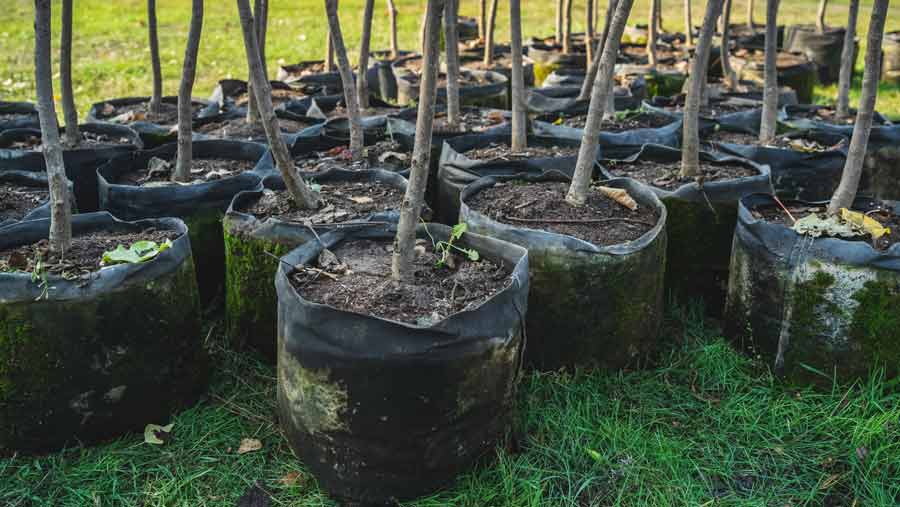Carbon offsetting ‘pricing Welsh farmers out of land market’
 © Goami/Adobe Stock
© Goami/Adobe Stock Mass tree planting is driving farmers off the land in one upland region of Wales.
Four farms around the rural community of Abergwesyn, Powys, have been bought by investors from outside agriculture, including a steel manufacturer which snapped up a 1,200-acre sheep and beef holding to plant with trees to offset its carbon emissions.
See also: New Welsh farm support scheme majors on tree planting
Philip Arrowsmith, who farms close to those holdings, said farmers were being outbid for land and much of the acreage that had been bought in his area had now been planted with trees.
“It’s impossible for farmers to compete,” said Mr Arrowsmith, who runs a flock of 2,500 ewes on 1,000 acres of upland.
He has five years left to run on his tenancy and when he retires he fears for the future of that, too.
Mr Arrowsmith described the change of use of land from food producing to growing trees as “absolutely scandalous”.
“It needs to stop,” he said. “A steelworks planting trees to offset its emissions isn’t solving the climate problem because we will have to import food from abroad to make up the shortfall of what we are no longer producing on that land.”
Off-setting objectives
Other too have raised questions around the ethics of making land available for tree planting to meet the off-setting objectives of others.
This allowed large corporations to adopt the approach of “business as usual”, said NFU Cymru county adviser Stella Owen, and that was damaging to the economic, social and cultural wellbeing of the communities affected.
“NFU Cymru believes that climate goals should be met in ways that are sustainable and fair,” said Ms Owen.
“This is best achieved by integrating trees into farming systems rather than replacing them.”
She added that the union had been clear that the “burden of decarbonisation” should not fall unequally on rural communities.
Meanwhile Mr Arrowsmith has called for an end to mass planting, insisting that it was “irreversibly destroying” farming communities, displacing young people off the land and forcing them to leave rural areas to find alternative sources of employment.
